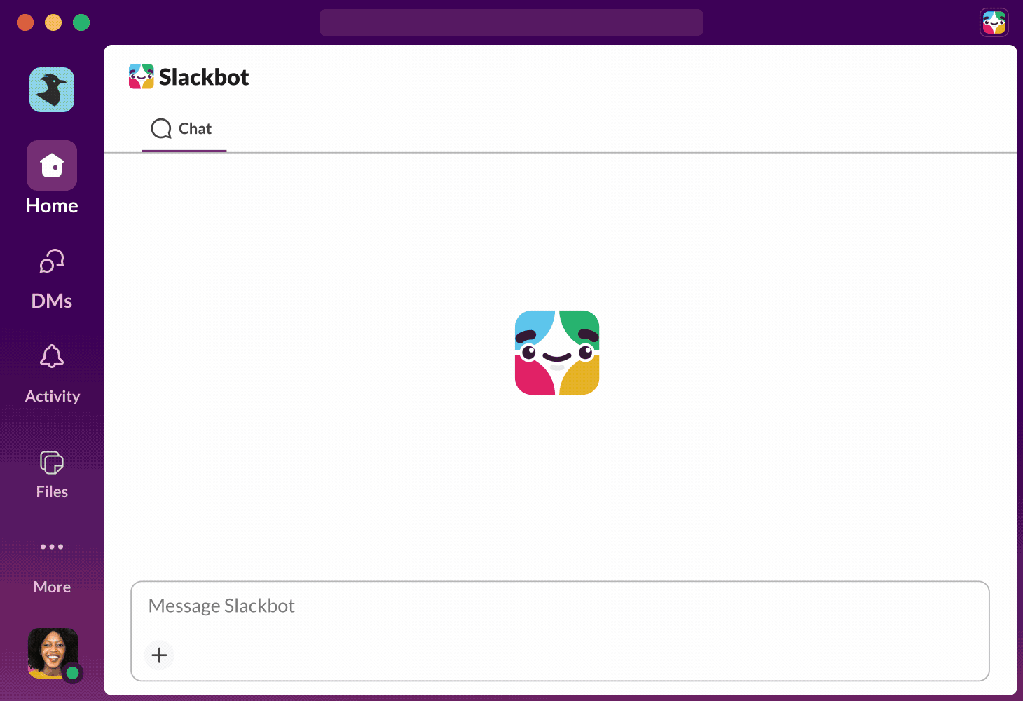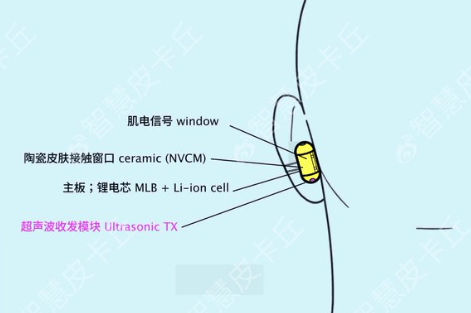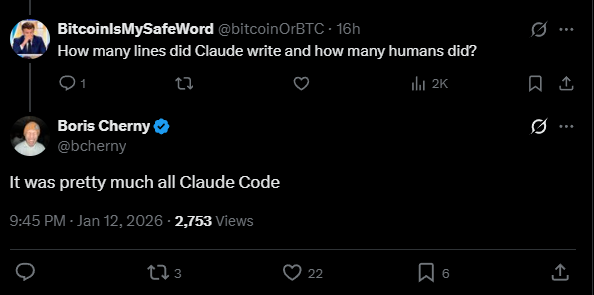Actor Matthew McConaughey just got eight trademark applications approved by the US Patent and Trademark Office to protect himself against unauthorized AI copies. The trademarks cover a seven-second clip of him standing on a porch and audio of his famous line "Alright, alright, alright" from the 1993 film "Dazed and Confused," among others, according to the Wall Street Journal.
McConaughey says he wants to make sure his voice and likeness are only used with his permission. "We want to create a clear perimeter around ownership with consent and attribution the norm in an AI world," he writes in an email to the WSJ. His lawyers Jonathan Pollack and Kevin Yorn see the trademarks as a potential tool against AI abuse in federal court, though whether this strategy will hold up before a judge remains to be seen.
McConaughey hopes for federal legislation on the issue, but he's not opposed to AI itself. He's both an investor in and a voice for Elevenlabs.


